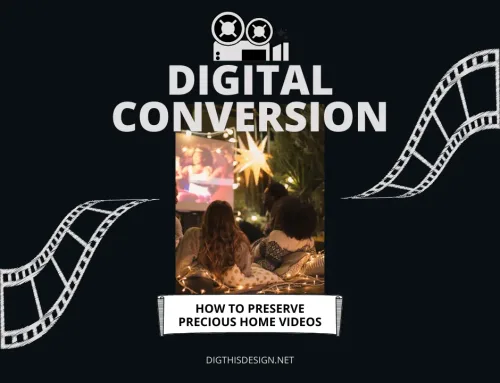In need of hard money loans? Have you come across a great piece of property that would make an excellent real estate investment only to discover that you’re short on cash? Or have you filed for bankruptcy lately and have a poor credit rating?
What You Need To Know About Hard Money Loans
A hard money loan might be the way to get that financing, but there are risks involving hard money loan. Here’s what you need to know about these loans.
Hard Money Defined
If you’ve ever heard the phrase, “cold, hard cash”, then you know hard money. It’s money from a valuable asset, such as precious metals or cryptocurrency. The ones, tens and twenties we used to buy goods at the store are called “soft” currency because they’re backed by a promise rather than something tangible.
Hard money can also refer to the confidence people place on something, such as a piece of property. It’s better than soft currency because hard money doesn’t lose its value during inflationary periods.
Hard Money Loan
Private lenders such as Los Angeles hard money lenders provide hard money loans. These are typically short-term loans that are backed by the asset that’s being purchased, such as a piece of real estate. These loans are sometimes called short-term bridge loans because they bridge the gap between the purchase of that property and the long-term financing the buyer will eventually get.
People apply for hard money loans when they want to buy a property. They hope to turn around and sell quickly. Because the loan is for such a short period, it makes more sense to get a hard money loan than obtaining a traditional loan from a bank. Plus, that loan can be got more quickly than from other lending institutions because the loan is based on the asset itself.
Hard Money vs. a Mortgage
When you obtain a mortgage, the bank will look at your credit score and how much debt you have compared to the amount of money you bring in. These factors determine whether you’re a safe risk for a loan. Once you’re approved for a mortgage, you get better interest rates and you can pay back that mortgage over a longer period, up to 30 years.
With a hard money loan, the lenders look at the collateral. They don’t look at your credit score and personal finances like collateral. They use that asset or other assets you have to determine whether to loan you the money. A hard money loan is for a much shorter time and will have higher interest rates.
Hard Money and Collateral
Hard money loans are typically used by the real estate industry and by people who flip houses for a living. In many cases, the property itself is used for collateral, but other assets can also be used, such as:
- Your savings account
- Hard metals you own, such as gold and silver
- Any equity you have in another property
- Vehicles or boats of value you may own
- Your retirement or other investment accounts
If you fail to make payments on your hard money loan, the lender can then take whatever assets you used for collateral.
Benefits of a Hard Money Loan
There are many benefits to getting a hard money loan, including a quicker processing time. If you’ve filed bankruptcy in the past and have a poor credit record, you can still get a hard money loan. Also, the down payment will be much lower than it would be with a traditional loan.
There are no borrowing limits with a hard money loan. Plus, hard money lenders will work with you to make sure your business enterprise succeeds. Because hard money lenders specialize in real estate, they can give you good advice and provide honest feedback on whether your project will be successful.
Those who purchase homes in order to fix them up and flip them a few months later find hard money loans preferable because they can be arranged in order to only make interest payments during the duration of that loan. Once the property sells, the borrower pays back the loan in its entirety and has more money to work with.
What To Be Aware of With Hard Money Loans
While a hard money loan can be beneficial, be aware that there are some risks. Hard money loans have a higher interest rate than other types of loans. The rates can be anywhere between 10 and 20 percent. The lender does this in order to make a profit.
Hard money lenders also charge an origination fee for the cost of processing your loan. This fee will be much higher than with other types of loans. Plus, expect you will pay this loan back in a few months rather than a few years. If you cannot make those payments or pay the loan back in time, you’ll lose the collateral.
Also keep in mind that while the interest you pay on a mortgage is tax-deductible. While the interest on a hard money loan isn’t. You won’t have the tax advantages you normally have with a traditional loan.
How To Obtain a Hard Money Loan
A hard money loan is based on the assets you have or the asset you’re planning on purchasing, so make a list of those assets along with their real value. Then contact a hard money lender. Complete the process within days rather than weeks, as with a traditional lender. You can sometimes even get that money on the same day you apply.
Then make it a point to either get a traditional mortgage or sell that real estate property quickly. This way you can pay your loan and not lose your investment.
A hard money loan can be beneficial if you have the self-discipline to remodel the property quickly and sell it in time to pay off the loan.





